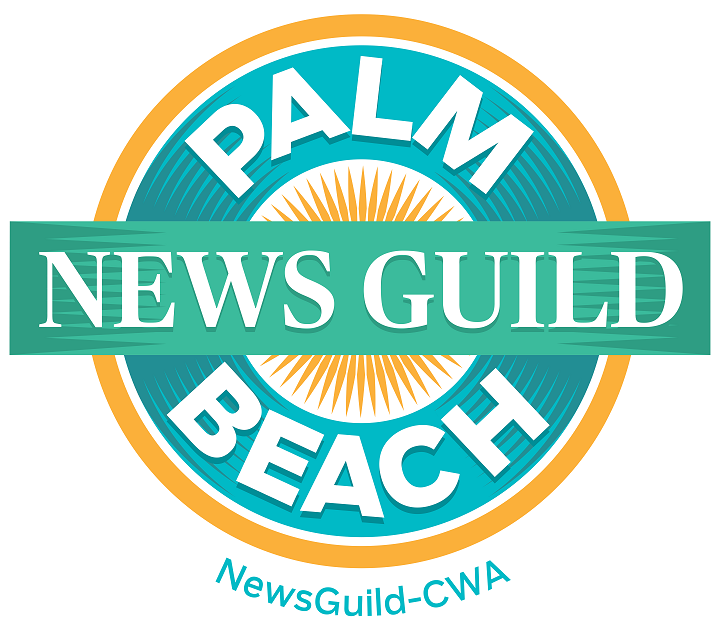Though they may have gone onto work at a different outlet, retired or switched careers altogether, the passion and love for journalism is what unites current and former Post staffers.
Here is why our former colleagues support Palm Beach News Guild.
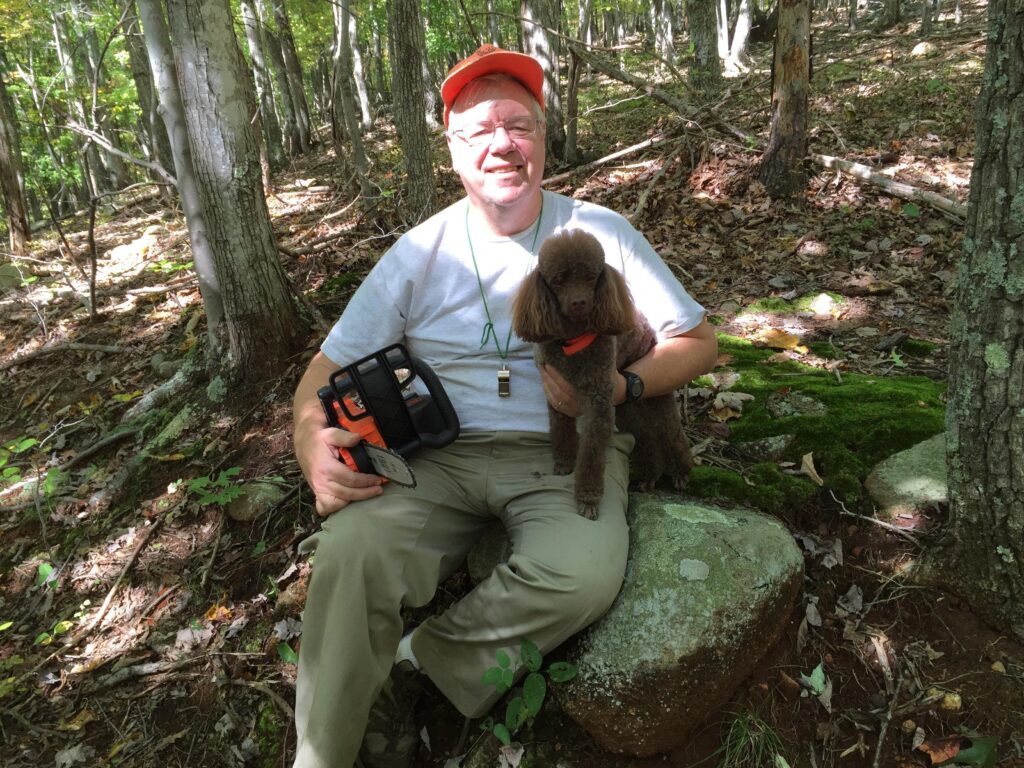
I am a former reporter, editor and manager at The Palm Beach Post, a member of Palm Beach County communities from Delray Beach to Jupiter for 37 years, and a subscriber and daily reader of The Post for that same period. As all of these things, I absolutely believe a union is necessary not only to guard and give voice to the newspaper’s essence – its journalists – but to make the whole Gannett-Gatehouse organization and our Palm Beach County communities better.
The journalists at The Post and Palm Beach Daily News are experienced, talented and dedicated professionals who are expected to regularly deliver accurate, relevant, well-told news stories on deadline. And they do it daily, bringing their readers news that matters, often under threatening or emotionally exacting circumstances and unregulated working conditions. I know from experience. One example of such from my 33 years at The Post: the election of 2000, when we worked 12-hour days for 37 days straight in November and December, bringing Palm Beach County, and the world, the latest and most complete news of the Florida recount of the Gore v. Bush presidential election. That’s when the newspaper had a staff of 300. It’s probably not a quarter of that now, but Post journalists are still braving uncomfortable and unreasonable conditions to bring their readers exceptional stories of local news. You don’t get coverage like Joe Capozzi’s stories and Lannis Waters’ and Greg Lovett’s photos revealing a homeless tent city in John Prince Park without journalists willing to work long hours wandering into places where they and their questions aren’t welcome.
The Post’s journalists work for money of course, but the drive for this type of excellence comes from idealism – a belief that truth and openness are good things in themselves, not to mention crucial to sustaining a democratic society. The Post’s owners, past and present, are not alone among publishers in taking advantage of that commitment, pushing their journalists too much and paying them too little. That’s what corporations do: Cover the bottom line. Yet when that extra effort becomes required daily effort because of layoffs, and benefits and pay raises are reduced, as has been the case recently at The Post, then even the most dedicated of workers become fatigued, demoralized, less effective. They need some “posse,” the Palm Beach News Guild, to help protect themselves as a group, and as individuals. They need a place at the negotiating table, which a union would provide, not only to demand fair working conditions but just to fight to survive.
Palm Beach County readers also need the guild, to ensure we keep getting local news, like Liz Balmaseda’s restaurant coverage, or state news with a local perspective, like Post stories about the campaign finance violations and residential questions of Democratic state Rep. Al Jacquet. I’m increasingly seeing more bylines from other Gannett papers about other parts of Florida in the Local and Accent sections of my Palm Beach Post, but the reason I pay for a subscription is for Palm Beach County news. Local news comes from local staff. A Palm Beach News Guild will fight against cutting jobs at The Post, including those of the nine people Gannett just fired.
Lastly, Gannett needs this guild – to help keep its talented journalists’ morale up, which is to say to ensure that it continues to keep talented journalists.
Paul Blythe, retired
Palm Beach Post reporter and news editor 1983-1989, 1991-2018
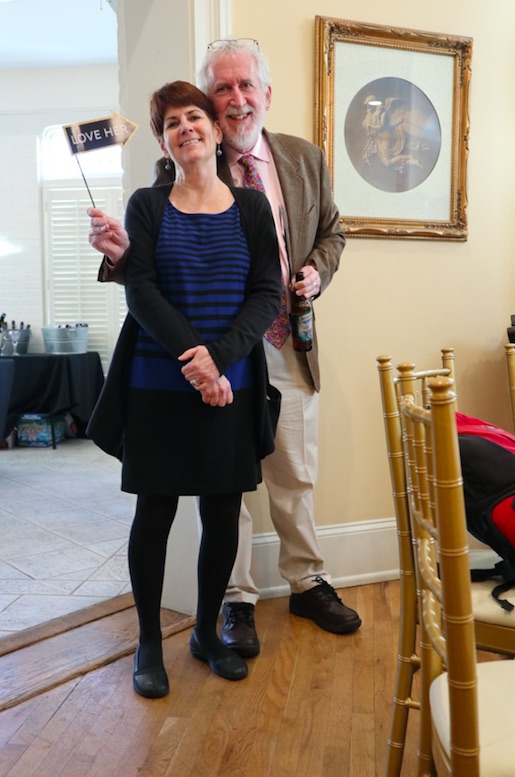
We met (and married!) while working at the Palm Beach Post in the late 1980s. It was an exhilarating time to be a journalist in South Florida, with three major dailies competing head to head, each with an army of talented young pros.
The Post was a launching pad for many of us, but the truly remarkable thing is how many outstanding journalists chose to spend their careers there. That’s a huge part of why the Post remains an exceptional local newspaper, despite the challenges that have gutted the newsroom in recent years.
The Post’s employees are well aware of the pressures that threaten their profession. But they understand the importance of local news, and they bust their butts every day to deliver it. Gannett, meanwhile, continues to cut staff and resources instead of investing in its newsroom and its product.
We’re happy to see the Post’s hardworking journalists standing up for themselves, for the newspaper and for its readers. We’re proud to stand with the Palm Beach News Guild, and we encourage Gannett to bargain in good faith and to reaffirm its commitment to local news in Palm Beach County.
Marie Dillon, Director of Policy at Better Government Association / Chicago
Palm Beach Post metro desk, 1988-1992
Rich Gordon, professor and director of digital innovation at Medill School / Northwestern University
Palm Beach Post metro desk, 1988-1990
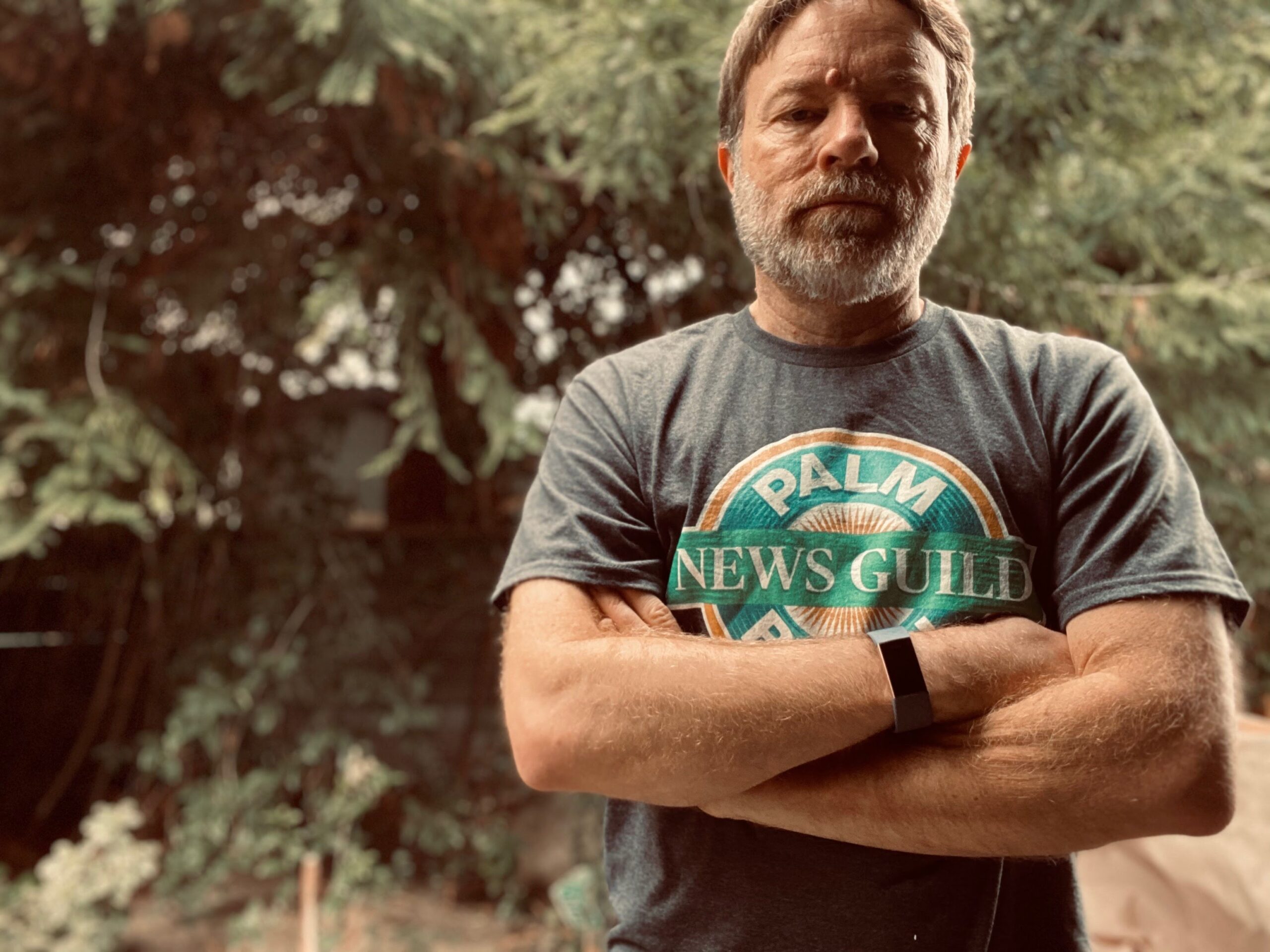
I already knew journalism was a calling by the time I got to the Palm Beach Post, but my time there — at one of the nation’s premier daily newspapers — taught me that journalism is also a profession. That is where I learned to be precise, dependable and to always put readers first.
I was part of the team that examined more than 10,000 disputed Miami-Dade County ballots during the 2000 presidential election. I remember the investment of time and money the newspaper made in the nation’s democracy at that critical time, and I’ll never forget how seriously we took our jobs in those long and important days.
The people seeking News Guild representation are among the finest journalists I’ve ever known. I’m proud to call them friends, colleagues and professionals worthy of your support.
Clay Lambert, editorial director of Half Moon Bay Review
Palm Beach Post, 1998-2002
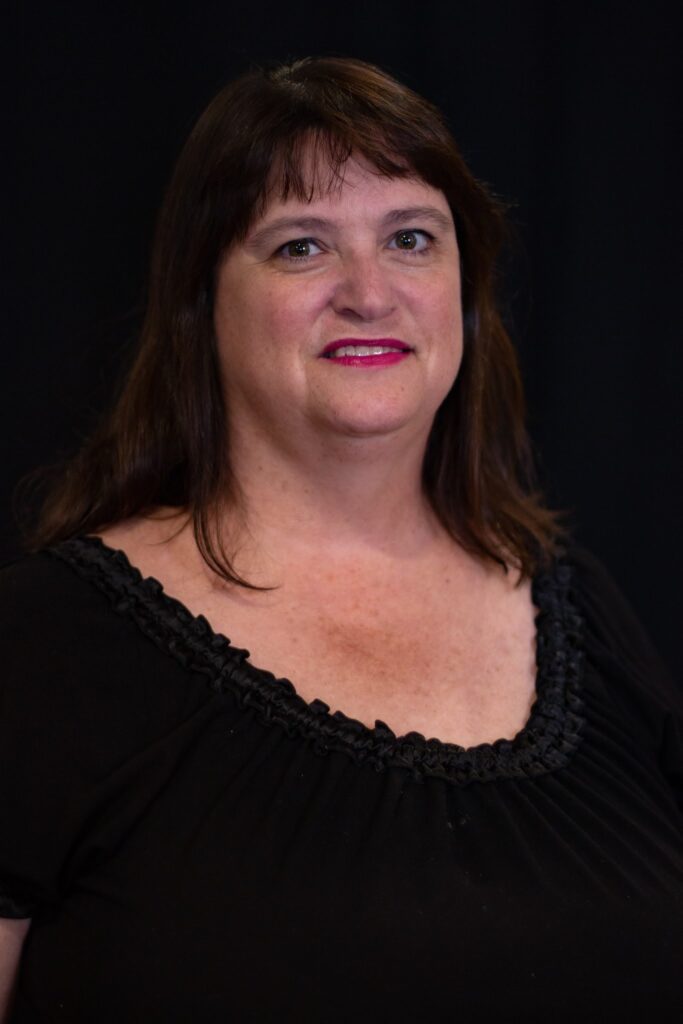
My name is Kathryn Quigley and I worked at the Palm Beach Post from 2000 to 2002. I fully support the Palm Beach News Guild and urge the company to negotiate with the workers in good faith, as required by labor law.
Long gone are the days of a PBPost newsroom flush with cash from Cox and journalists to cover every angle of South Florida. The dedicated staff has been cut and cut and cut over the past twenty years. So few are trying to still do so much to get the news to people.
During my first month of work at the Post, the 2000 Presidential Recount story exploded nationwide. For 37 days, I was part of a great team of journalists covering an historic event.
I now teach college journalism and am a proud and active member of the American Federation of Teachers. Being in a union is the only time I’ve had pay parity with my male colleagues. I am assured of: my job, healthcare and sick time.
Every worker deserves that – especially the dedicated Palm Beach journalists trying to bring news to their readers.
#UnionStrong
Kathryn Quigley, Rowan University Journalism professor
Media Coordinator, American Federation of Teachers, Local 2373 at Rowan University
Palm Beach Post reporter, 2000-2002
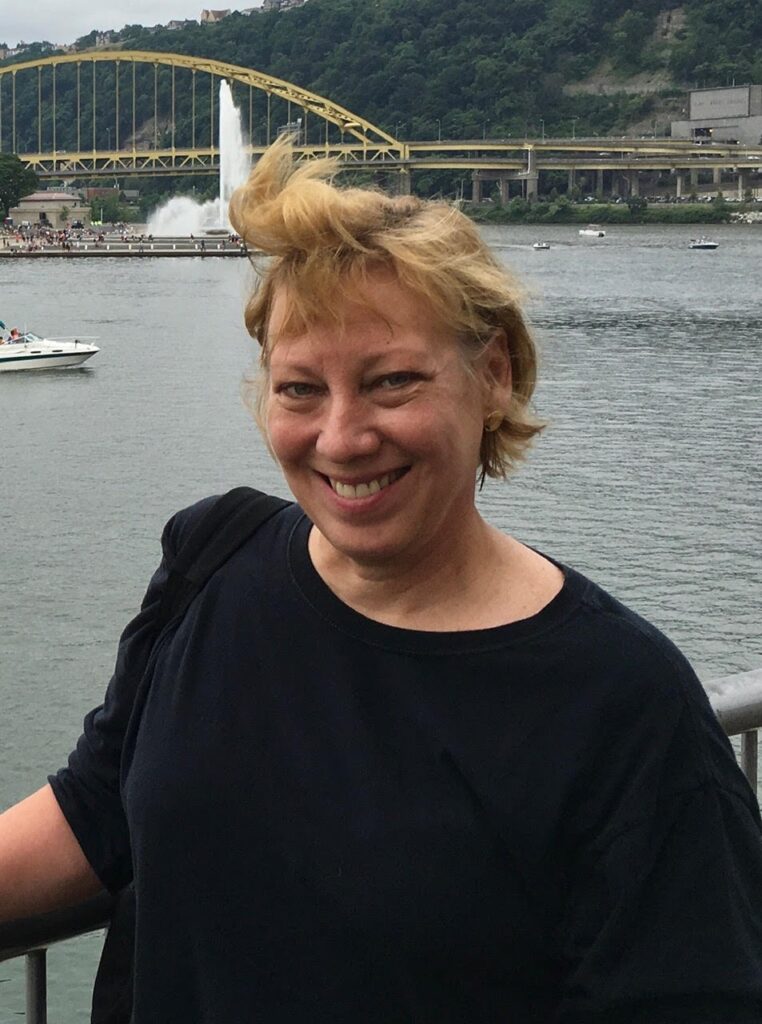
Palm Beach County has always relied on The Palm Beach Post to explain what’s happening in its schools, in the courtrooms and the halls of local government. Want to know who’s bankrolling the wannabe county commissioner? The Post tells you not just who the behind-the-scenes players are, but what’s at stake in local elections. Wonder who holds the real power in getting judges on the bench? The Post explains the Judicial Nominating Commission and shows how it works to nominate the wisest lawyers — or the most politically connected.
I spent more than a dozen years at The Post, as a reporter, editor and editorial writer. During some of those years, The Post was the fastest-growing newspaper in America. Sadly, the industry is shrinking as corporate owners worry more about stockholders than the people and communities they serve. At The Post, reporters, photographers, editors now are fighting to continue as Palm Beach County’s eyes and ears, telling its stories and holding the powerful accountable.
My former colleagues need the community’s support. They need advertisers, subscribers, people who want to know what’s happening in Palm Beach County, to speak up. Support your local journalists to keep quality stories coming.
Candy Hatcher
Palm Beach Post editorial writer, state editor, reporter, 1987- 2000

To the folks at the Palm Beach News Guild,
I worked at the Palm Beach Post as a digital content specialist from November 2015 through April 2017. On my very first day it was explained to me that some of the biggest news stories of our generation — the 2000 election recount and 9/11 attackers living in the area, most notably — had roots in Palm Beach County, and it didn’t take me long to realize how true this was.When I left south Florida, I moved to Colorado for a job at the Denver Post, a union shop. It was here, where the newspaper’s ownership group laid off 40 staff in the space of five months, that I truly realized how crucial unions are to the daily operations of journalism outfits. Without the protections of our own news guild, the figurative bloodshed would’ve been far worse.
In this day and age, where the president launches salvos against the news media on a daily basis and venture capitalists try to squeeze every penny of profit out of shrinking newsrooms, unions allow journalists the (relative) luxury of being able to do their important work without the immediate fear of their livelihood being snatched from them. We’re stronger together, and unionizing is the only way to ensure that.
I wish you guys all the best of luck — keep fighting, it’s worth it. Don’t let the corporate vampires get you down. I’m behind you all the way.
Adrian Crawford
Palm Beach Post digital content specialist, 2015-2017
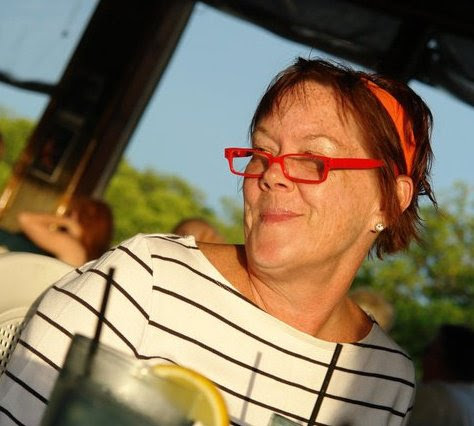
My name is Emily J. Minor and, for 35 years, I was a local newspaper reporter. Sure, there were times that I fell into a national story. After all, this is South Florida. There were butterfly ballots and the anthrax scare. The Palm Beach Post sent me to Israel, Cuba and the Little League World Series. I wrote about moms marching for better gun control and conservatives marching against Planned Parenthood. But mostly, day in and day out, I told the stories of those of us who live and work in Palm Beach County. Everyday people.
Perhaps you haven’t given it much thought, but it’s vital to have reporters in all the nooks and crannies of our towns and villages. You know what happens the minute you stop sending a reporter – rookie that she might be – to a Riviera Beach City Council meeting? Or over to the town of Palm Beach? Elected officials, not all of them, but many, suddenly feel free to do things that they should not. Through the years I worked in newsrooms that effected change in everything from voting standards to drinking water quality. We ferreted out conflicts among our public officials and followed criminal cases through the courts. For my part, I mostly told the stories of those everyday people – old people, young people, teachers, activists, the mentally ill – and we told those stories so that all of us, every one of us, could feel empowered and emboldened and not quite so alone.
Local journalism is incredibly important in a democratic society. It allows us to peek into the lives of others. It reminds us that we walk together. And it means that the lights are left on, everywhere, all the time.
Emily Minor, retired
Palm Beach Post reporter, columnist 1988-2008
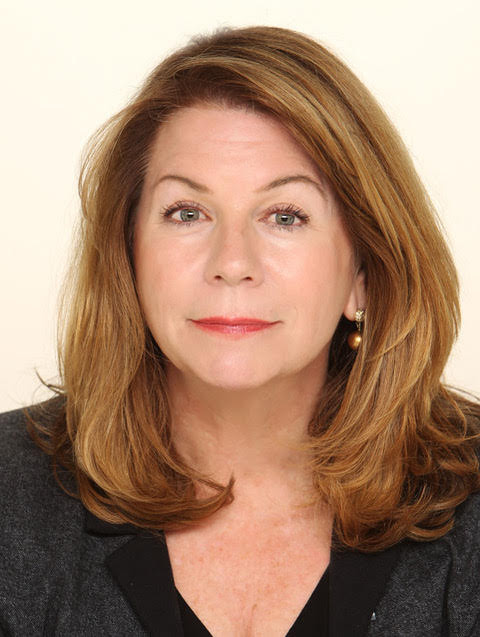
Every day, Palm Beach Post journalists make sense of Palm Beach County for their readers. Want to know how the school board spends your tax dollars? Read The Post. Wondering who’s behind that new construction project is in your neighborhood? Read The Post. Worried about how to prepare for the coronavirus, a hurricane or snowbird season? Read The Post.
In a time of profound changes in the news media, The Post’s journalists have formed the Palm Beach Newspaper Guild in order to protect their jobs, their futures and your right to know what’s happening in your community.
We must support them as they negotiate with the paper’s owners.
Barbara Marshall, retired
Palm Beach Post features writer, 2004-2019

You care about your child’s education, but you work nights and can’t attend those Palm Beach County School Board meetings.
You loved the victim, but can’t sit in the courtroom from 8:30 a.m. until 5:30 p.m. every day to see if justice is being done.
You don’t know if that candidate for city commission has a criminal record back in New York, Boston or Chicago, and don’t know where to find out.
If only there were someone who would go to that meeting, sit in that courtroom, and check those criminal records for you.
If only there were someone who would hunker down while you head out when the next hurricane approaches.
That someone is called a journalist, and he or she is why I support @PBNewsGuild.
Ron Hayes, retired
Palm Beach Post features writer, 1987-2008

I was fresh out of the University of Florida and in my first week at the Palm Beach Post when I was sent to a meeting at the Delray Beach city manager’s office. I can’t recall what the meeting was about, but my guess is that it had something to do with redeveloping West Atlantic Avenue or drama in the police department. I would go on to write hundreds of articles about both during my time covering Delray Beach.
The one thing I do remember clearly is showing up to find the door to the city manager’s office closed. I called my editor and she told me to GET IN to that meeting. When they opened the door, I pulled out a little card I carried in my wallet and read them Florida’s Sunshine Law. Then I gave them a choice: They could either let me attend the meeting or they could call the newspaper’s attorney and explain why not. Instead, they took option three — they ended the meeting.
There was nothing really remarkable about the incident. Indeed, it’s the very routine nature of the interaction that’s worth noting. Reporters do this kind of thing every day — they hold government officials accountable. They aggressively safeguard the public interest. Without them, there’s no one to keep city officials from making sweetheart deals out of the public eye.
While the Palm Beach Post has changed quite a bit since I was there in the 1990s, the staff continues to do the kind of watchdog journalism that their community expects of them. And doing all of this despite budget cuts, layoffs and buyouts.
Today, more than ever, we need a strong, vigilant press. Unfortunately, we can’t trust the non-local corporate ownership to do what’s best for the community — that’s why I wholeheartedly support the staff of the Palm Beach Post in their effort to unionize.
We need them to keep telling the stories that need to be told. They are truly the community’s unsung heroes.
Joe Newman, Senior Media Associate, ReThink Media
Palm Beach Post reporter and editor, 1989-1997
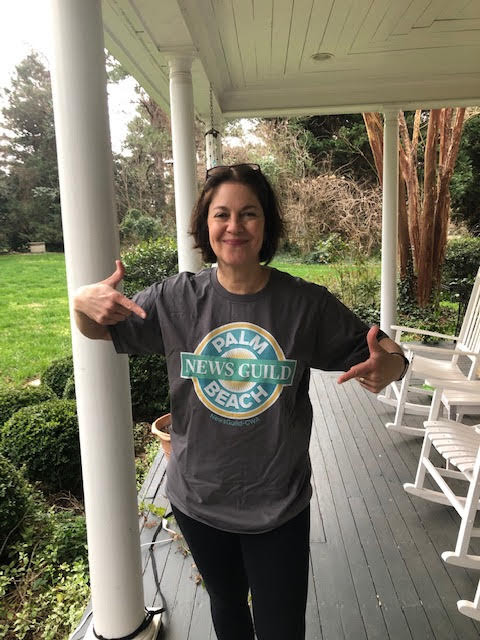
I needed to get out. Downed trees and standing water made driving unsafe after Hurricane Jeanne slammed into Palm Beach County in September of 2004. But as a reporter covering Boynton Beach for Neighborhood Post, I needed to get out and report on the damage. Specifically, I needed to check on the mobile-home park down the street from my home. So I grabbed my bicycle and rode down Lawrence Road to the park.
These are the things local journalists do for you. They are there when you can’t be. They cover government meetings until late into the evening. They dig through piles of financial records and court documents. And they fight for the release of information the public deserves to know. It’s the unglamorous daily work and dedication journalists show for their craft and community.
I joined The Palm Beach Post at 25 and worked for 18 years as a reporter and editor in many different capacities. As a business reporter, I kept tabs on some of the county’s largest employers, including defense contractor Pratt & Whitney, FPL and the vast agriculture industry. But even as we covered giant businesses, our focus as news gatherers was always on the pocketbooks and backyards of our readers. New jet engine contracts meant more high-paying jobs, utility rates directly affected families and weather impacted migrant workers’ jobs and the price of vegetables. Later, I moved on to cover Boynton Beach for Neighborhood Post, chronicling issues that were important to my own neighbors.
Why did I stay? It simply was a great workplace where the management valued quality local journalism. I left the paper only when my family moved out of state, but many employees have remained for three decades or more. That’s loyalty – not only to an employer but to a community. Palm Beach County residents are fortunate to have some of journalism’s best reporters, editors and photographers at the Post and Daily News – please, support them.
Julie Waresh, Media Specialist at Holly Springs High School
Palm Beach Post business and neighborhood reporter, 1990-2008

My first job after college graduation was at the Palm Beach Daily News covering the town council.
I could write a book on why the Post and PBDN matter.
I was born here and have lived in Palm Beach County my entire life.
I find that people who read the papers know what is going on in their community, and those who don’t are often woefully ignorant about local issues.
The journalists who write the news inform readers about everything from a proposed rezoning or development in their neighborhood to the planned shutdown of a bridge, road or retail store.
Consumer news about local gas prices, local restaurant reviews and inspections, identity theft, credit card skimmers on gas pumps, and enterprises that are scamming customers helps people protect their wallets and enable them to live better lives.
Journalists give readers information they wouldn’t know otherwise, such as the fact a power plant is being replaced with a new one or that a new school is coming to their area.
Most people do not attend city and county commission meetings, nor do they attend civil and criminal trials at the courthouse.
Journalists provide valuable information by covering meetings and court cases and reporting about important lawsuits that have been filed.
They don’t just cover these meetings and cases, they put then in context, provide background, dig beneath the surface and help readers figure out what it means for them.
Coverage before and after hurricanes has helped residents prepare for the storms and most likely prevented deaths and injuries.
Recently, the Post’s stories about the homeless encampment at John Prince Park led the county commission to act to create a new homeless shelter at the former stockade.
The dedicated staff of photographers, reporters and other journalists at the two papers work tirelessly, and put their jobs and coverage before their families and personal lives.
Just about everyone has been called in to work during a crisis, such as a mass shooting or other tragedy.
These journalists serve their communities because it is their calling. They need any protection and voice a union can provide in this time of industry volatility.
Susan Salisbury, retired
Palm Beach Post business reporter, 2000-2018
Do you support local journalism? Tell us why at palmbeachnewsguild@gmail.com.
